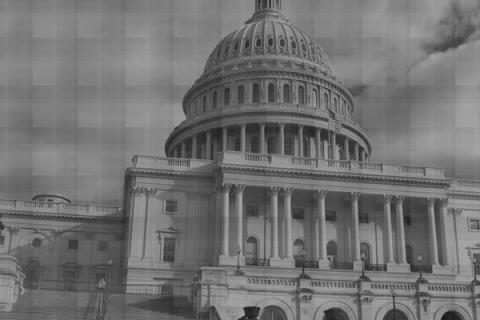During this election, IVN made an effort to give fair coverage to third party candidates running for president, such as Gary Johnson, Jill Stein, Rocky Anderson and Virgil Goode, as well as independent candidates for national or state offices. Despite the limited success of the presidential candidates, 25 independents or minor party candidates were elected to state offices. The 2012 election marked record numbers of independents and third parties in government since 1942.
At first glance, it seems these results could be the political translation of a growing number of registered independents and Americans disgruntled by the two party system. However, among these twenty five cases, four cases should be distinguished as distinctly not related to such a trend.
Vermont elected 4 independents and 7 Progressives, making up 44% of all the independents/minor party elects in the country. Vermont's results cannot be representative of a general American trend towards independent voting, as Vermont's politics are quite unique. Before becoming a blue bastion, Vermont voted for Republican governors for 106 years, and voted for the GOP in 28 consecutive presidential elections.
Vermont's attachment to unorthodox choices goes back to 1990, when they elected the first independent congressman in 40 years, Bernie Sanders. Mr. Sanders, the only self proclaimed socialist in Congress, has received continuous support from Vermonters and was reelected to the senate this year. The Progressive Party, created in 1999 as a support movement for Bernie Sanders, has established itself as a strong party in the state, and has gained more seats with each passing election. This year Progressives kept 5 officials in the House and 2 in the Senate of Vermont.
Maine, which elected 4 independents to its House, is similar to Vermont in its unusual politics and does not represent a national trend. Maine has a long history of voting for independent candidates. It had two independent governors, James B. Longley and Angus King, and Ross Perot, who ran as an independent for president, finished 2nd after Clinton in 1992.
This year Maine elected independent candidate Angus King as US Senator by a large margin. So, Maine's progression from one independent in the State House to four is an important one, but it most likely illustrates the evolution of Maine politics and does not reflect a larger, nationwide trend.
South Carolina elected the most independents to its state legislature, six. However, this was because 35 candidates ran as independents after they were kicked out of the June primary for improperly filing a financial ethics form. They later managed to gather enough signatures to get on the ballot in November. A vast majority, if not all, of these "independents" who won declared themselves to be either a Republican or a Democrat. As such, no real change occurred in South Carolina's political environment.
The last group is made of the four individuals, which for reasons unique to each of their case, won the only seat in their state as an independent or a minor party candidate and thus are not representative of any national tendency to vote independent.
Kent Williams, elected in Tennessee, ran as independent after being kick out of the Republican party for siding with the Democrats solely to become Speaker of the House. Rusty Kidd, elected in Georgia as an independent, is expected to join the GOP in order to give them a super-majority in the Georgia House. Edward J. O’Neill, whose first unlikely victory in 2008 is considered one of the biggest upsets in the history of Rhode Island politics, was reelected to the state senate as an independent. And finally, Fred Smith, former Democratic representative in Arkansas, who could not be on the ballot as a Democrat because of a felony charge, won as a member of the Green Party. He ran unopposed after his opponent was convicted of conspiracy to commit election fraud.
In the end, even if this election saw a record number of independents or minor party candidates win seats in state legislature, it is far from being representative of real change in American politics. While the number of Americans who consider themselves independents has risen, there is yet to be a reflection of this trend on the national playing field.

